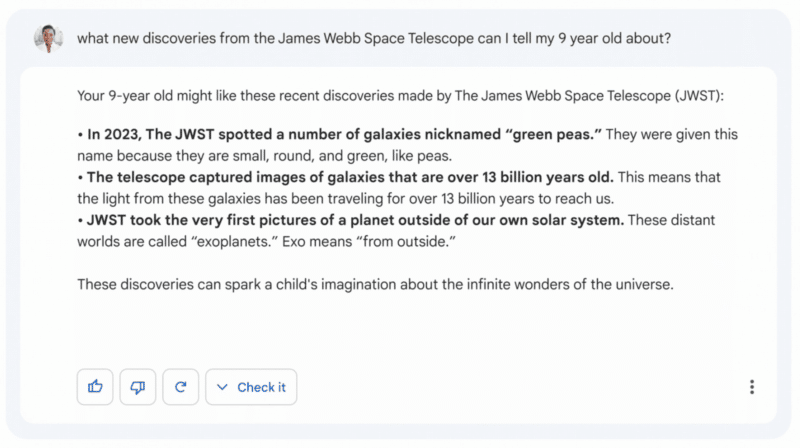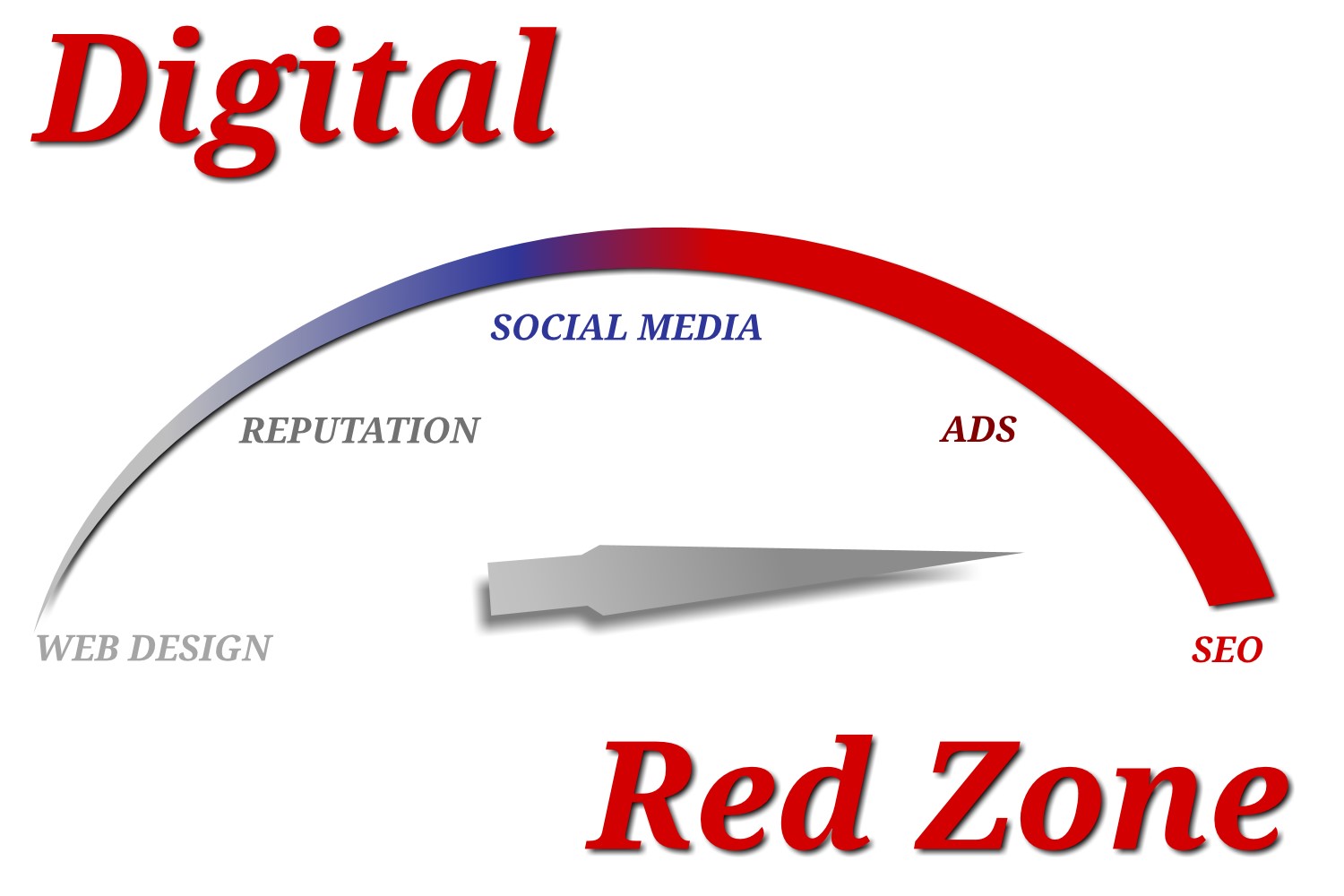Google’s answer to ChatGPT, Bard is launched – Here’s how it looks
[ad_1]
Google is currently testing Bard, the answer to OpenAI’s ChatGPT. We also have gotten our first look at AI-powered features in Google Search.
Google CEO Sundar Pichai today announced the soft launch of Bard to a set “trusted testers,” showcasing what this early experimental release looks like with some examples. It shows how Google Search uses AI to respond to long queries with an AI-generated response:
.This screenshot gives you an idea of what Google’s AI-powered features in Search.
Pichai
:
” Soon, you’ll see AI-powered features in Search that distill complex information and multiple perspectives into easy-to-digest formats so you can quickly understand the big picture and learn more from the web. It shows how Googe Search uses AI to respond to long queries with a long AI-created response:

This screenshot gives you an idea of how Google could soon integrate AI-generated answers directly into Google Search.
Pichai wrote:
“Soon, you’ll see AI-powered features in Search that distill complex information and multiple perspectives into easy-to-digest formats, so you can quickly understand the big picture and learn more from the web: whether that’s seeking out additional perspectives, like blogs from people who play both piano and guitar, or going deeper on a related topic, like steps to get started as a beginner.”
And to be clear: Bard is separate from Google search. The above screenshot is highlighting the AI-powered features that will be rolling out on Google Search “soon.”
What Bard looks like
Here is another screenshot from Google showing how Bard, its standalone ChatGPT-style service, might respond to a question:

In this case, Bard is explaining new discoveries from NASA’s James Webb Space Telescope to a 9-year-old.
As you can see, there is no one right answer to this question.
What is Google Bard?
Google explains that Bard is an experimental conversational AI service, powered by LaMDA (Language Model for Dialogue Applications).
LaMDA, Google’s next-generation conversation and language model, was first announced at the 2021 Google I/O keynote. This is being used to provide these answers to users.
Bard uses a lighter version of LaMDA that requires “significantly less computing energy,” Google stated. Google said this will allow them to scale to more users while also allowing for more feedback.
Pichai also wrote:
“Bard seeks to combine the breadth of the world’s knowledge with the power, intelligence, and creativity of our large language models. Bard draws from information on the internet to deliver fresh, high-quality answers. Bard can be an outlet for creativity, and a launchpad for curiosity, helping you to explain new discoveries from NASA’s James Webb Space Telescope to a 9-year-old, or learn more about the best strikers in football right now, and then get drills to build your skills.”
Bard is experimental
Google emphasized that Bard is experimental and they are excited for this “phase of testing to help us continue to learn and improve Bard’s quality and speed.”
Who are trusted testers?
Google told us they are not the Search Quality Raters. They are an external group that is geographically and demographically diverse.
These test subjects are Google’s product testers. This helps Google to improve its products and to understand the user experience. Google stated that they use third-party suppliers to conduct this testing.
It is unclear how you or I can test out Bard before it launches more widely.
Attribution and citations
I asked Google how it plans to provide attribution and/or citations for its answers, either from Bard or in search results. Google did not have an immediate comment at the time this was published.
Why we care
It is fascinating to see how search and AI companies are adding human-like question-and-answer responses. Google appears to be using Bard to create ChatGPT, which is a similar approach as Google’s
for some knowledge panels. However, it is early in the process and I expect that Google will continue to improve its user experience and interfaces.not always show attributionHow Google handles attribution and citation, especially in search, is also an interesting topic. Google has used AI to write knowledge panels for years, which is why Google does
for some knowledge panels.
Earlier reports
Earlier this week, we reported Google had started work on its own version of ChatGPT, named Apprentice Bard, as well as testing a new search design integrating chat:
When a question is entered, the search results show a gray bubble directly under the search bar, offering more human-like responses than typical search results. The page also suggests questions that are related to the original one. Under that, it shows typical search results, including links and headlines.
Here’s how Google responded to the report:
“We have long been focused on developing and deploying AI to improve people’s lives. We continue to test our AI technology internally to make sure it’s safe and useful. We continue to test our AI technology internally to make sure it’s helpful and safe, and we look forward to sharing more experiences externally soon.”
What about Microsoft and ChatGPT?
Meanwhile, Microsoft has invested heavily in OpenAI, the creator of ChatGPT. In the near future, Microsoft may bring GPT-4 to Bing Search. We have seen some early screenshots of Bing search’s interface with ChatGPT-style integration.
[ad_2]
Source link Many companies are now taking these technologies seriously, especially search firms, after the explosion of popularity of OpenAI’s ChatGPT.01001010

